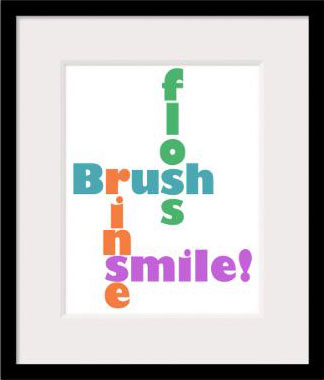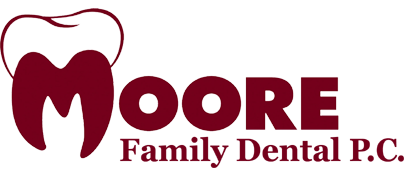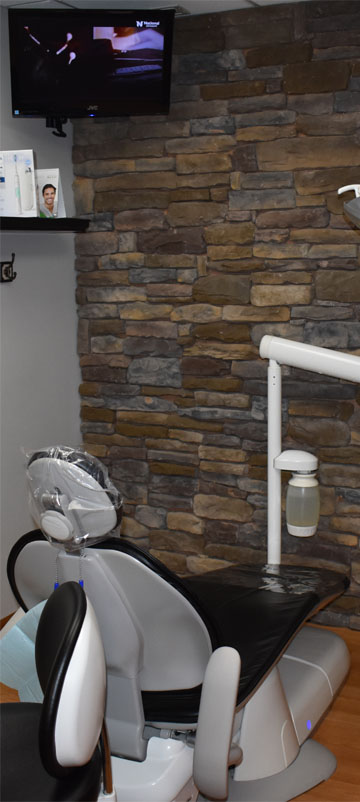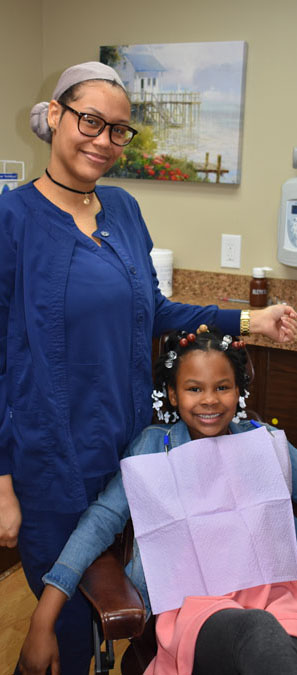 Did you know October is National Dental Hygiene Month?
Did you know October is National Dental Hygiene Month?
The American Dental Hygienists’ Association (ADHA) and the Wm. Wrigley Jr. Company proudly announce their fourth annual collaboration for October’s National Dental Hygiene Month (NDHM). National Dental Hygiene Month, with the theme “Brush. Floss. Rinse. Chew.”, showcases the commitment of ADHA and Wrigley to improving the nation’s oral health.
The 2013 NDHM is the capstone of ADHA’s yearlong centennial celebration of the founding of dental hygiene in 1913. Patients can review the following “Brush. Floss. Rinse.” guidelines and apply them to their daily oral health regimen. Those needing more information about oral health can go to the Patient Resources category in the ADHA.org Resources section.
Brush – 2 minutes, 2 times a day
Research shows that brushing for two minutes is the single most important method for reducing plaque and preventing cavities, gingivitis and other plaque-related diseases. Brushing for two minutes twice a day is crucial to maintaining healthy smiles. Proper brushing technique cleans teeth and gums effectively, so read on for advice on how to brush properly:
Floss – Every day
Daily flossing (or other methods of interdental cleaning) removes plaque and food particles that cannot be reached by a toothbrush, particularly under the gumline and between teeth. Plaque that builds up in these areas can lead to tooth decay and gum disease.
Getting into the routine of daily flossing can be a challenge. Making flossing easier can improve compliance with recommendations for daily flossing. If you resist flossing, try to determine why and tell your dental hygienist. Knowing the precise reason you are not flossing will enable them to recommend floss with the right thickness, coating or filaments so you might be encouraged to floss more often.
More educational information and resources:
- Proper flossing technique
- Text 2 Floss – A partnership between ADHA and the Arizona School of Dentistry and Oral Health. Text2Floss is a one-week interactive educational tool meant to help people develop positive oral hygiene habits through the use of mobile technology.
- Flossing for oral health
- Flossing and interdental cleaning tips
Rinse – With mouthwash
Rinsing your mouth each day with an anti-microbial mouth rinse is another important step you can take to prevent gum disease (gingivitis). Think about it—teeth make up less than half of your mouth. Brushing and flossing cannot get all plaque and germs. Be sure to finish your oral care routine with an antiseptic mouthwash with the ADA Seal of Acceptance. Speak with your dental hygienist for more information on which mouth rinse is right for you and read on for more educational information and resources:
- Journal of Dental Hygiene supplement on anti-microbial mouth rinses
- For dental hygienists: Online continuing education course for the supplement



